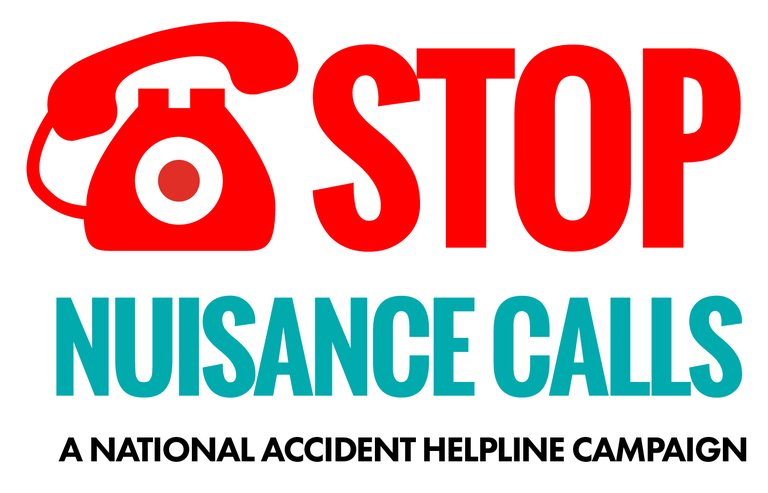
02 Dec, 2014/ by National Accident Helpline /Company Announcements, News
National Accident Helpline has ceased all email marketing to prospective customers and today calls on the wider claims industry to behave more responsibly with regard to opt-ins.
Newly commissioned independent research found that 70% of the UK public* think the ‘tick-box system', used on many websites and online forms, can trick consumers into unwillingly sharing their contact details. Email campaigns are, in many cases, taking advantage of the current weak regulatory framework and are therefore perceived as cold approaches by consumers.
As part of its Stop Nuisance Calls campaign, National Accident Helpline is now calling on the claims industry to follow its example and cease all email marketing, as there is clear consumer support for such a move. Having brought this to the attention of the Solicitors Regulation Authority (SRA) and Ministry of Justice (MoJ), National Accident Helpline is keen to work with the regulators. The company intends to drive out email marketing in the personal injury sector, whether it is technically compliant with current regulations or falls clearly into the realms of so-called ‘spamming', which is already illegal.
Additionally, the AIM-listed company is specifically calling for a crackdown on cold calling. National Accident Helpline never cold calls and has already been collaborating with the regulators to stamp the practice out. Its latest independent research shows that over half (56%) of people find cold calls distressing and two-fifths (40%) receive more than nine cold calls on their landline every month.
Despite the obvious scale of the problem, it would appear that the current law, which states that a company can only be prosecuted for cold calling if it has been shown to be causing substantial damage or distress, is not going far enough. Four-fifths (80%) of National Accident Helpline's panel firms** are in support of government plans to reduce this threshold to enable regulators to take action against unscrupulous marketers.
Over half (51%) of the UK public also received cold calls from international numbers in the past 12 months. Whilst it is almost impossible to track, trace and cease cold call activity overseas, cutting off demand in the UK would be an effective route to curbing this high level of international activity.
Commenting on the need for the campaign, Russell Atkinson, CEO of National Accident Helpline, said:
National Accident Helpline made the decision to cease email marketing in light of our research and in the interests of taking an industry-leading stance against the practice. However, to really see change within the industry and have a positive impact on people's lives, this stance has to become the new industry norm, not the exception.
National Accident Helpline puts the consumer at the heart of everything we do. We have never cold called, but previously found email to be a positive way of reaching consumers. In recent months, however, we had a growing concern that even though all our emails were compliant with current opt-in rules, consumers are simply fed up with marketing emails filling up their inboxes.
Cold calling and non-compliant email marketing in the personal injury sector only exists because there are lawyers and claims companies fuelling the demand for these illegal leads. It is our intention to drive these practices out of the system.
As this is an issue that we feel so passionate about, we want to work alongside industry regulators to promote these high standards. We will also be sharing the findings of this research with the Culture Secretary, Sajid Javid, to pressure the Government to speed up reform in this vital area.
*National Accident Helpline commissioned Populus to poll a 2,000-strong representative sample of the UK public to determine attitudes to cold calling. Surveys were conducted across the country and the results have been weighted to the profile of all adults. Populus is a founder member of the British Polling Council and abides by its rules. The survey was completed between 3 and 4 November 2014.
**National Accident Helpline polled its panel firms using SurveyMonkey between 3 and 17 November 2014.